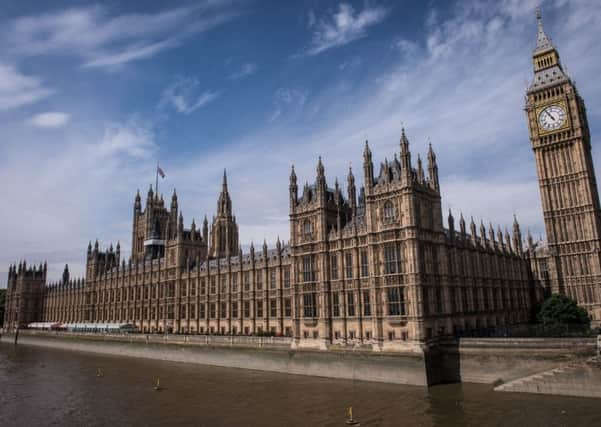Analysis: Lords' wisdom wanted - just not too much


If ever there was a moment for that wisdom to be called upon then Britain embarking on the biggest shift in its place in the world in a generation would seem to be it.
Peers will indeed be given ample opportunity in the coming days to offer their thoughts on the Government’s Bill to trigger Brexit talks and Britain’s future outside the EU.
Advertisement
Hide AdAdvertisement
Hide AdBut they will not be allowed to actually change anything in the Bill.
Having successfully steered the legislation unchanged through the Commons there is no reason to believe Theresa May will suddenly embrace a raft of amendments from the Lords.
There is, therefore, every likelihood that the Government will ensure the Commons votes next month to send the Bill back to the Lords in its original form along with a firm reminder that the elected chamber has spoken.
Ahead of the upper chamber beginning its deliberations, even Lord Peter Mandelson, not known for shirking a confrontation, was reduced to pleading with colleagues not to “throw in the towel early”.
Advertisement
Hide AdAdvertisement
Hide AdHow early the towel will be thrown in remains to be seen but peers will not prevent the Prime Minister triggering Article 50 by the end of March or succeed in doing anything which significantly binds her hands.
At these moments of high political drama, it is standard procedure for the Government of the day to remind peers of their place and mutter darkly about “Lords reform”.
Ironically, in caving in to the Government Lords only succeed in helping the case of those who seek reform.